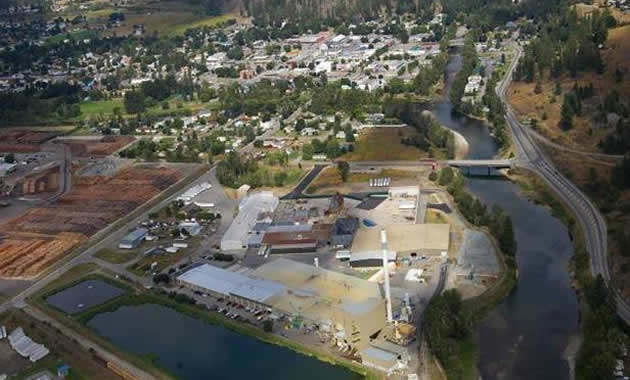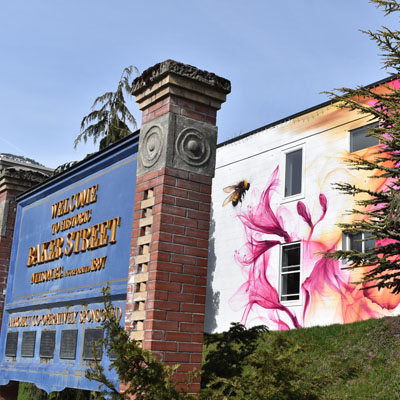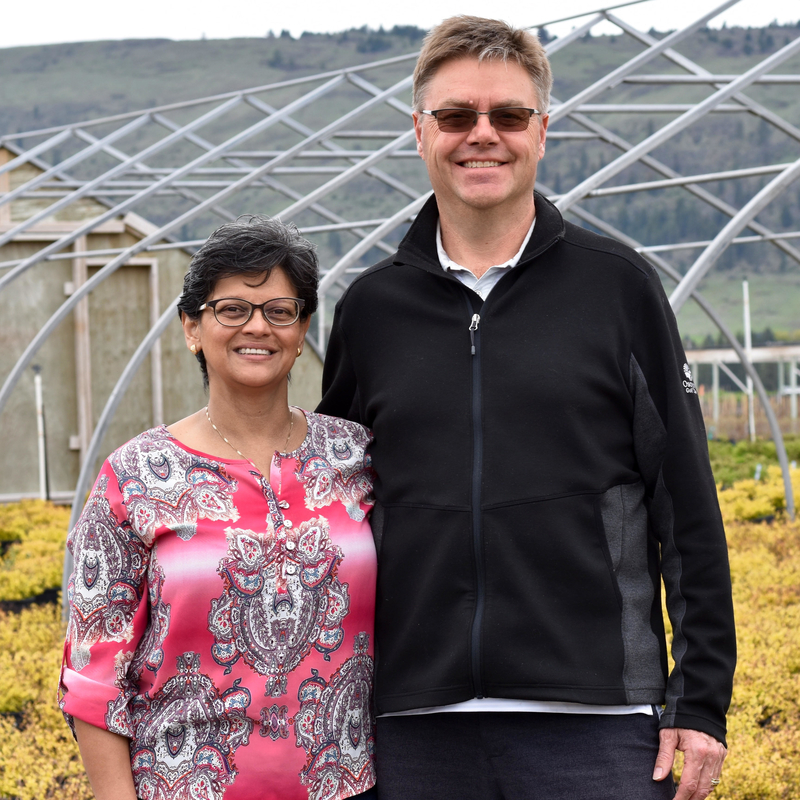Green upgrades and 25 years for Roxul
Roxul is celebrating a milestone and is operating an environmentally friendly upgrade at its Grand Forks facility

The Roxul plant in Grand Forks has a newly installed upgrade, which will help improve emissions. — Photo courtesy Roxul
Roxul is a key part of industry in Grand Forks and 2013 has been a big year for the company’s local operations. Not only is it the 25th anniversary for the company in North America, but the Grand Forks location has also seen a major upgrade with a new filtration system.
Roxul is part of Rockwool International, the world’s largest producer of stone wool insulation. The product is made from natural basalt rock and recycled slag that is melted, spun into fibres and bound into a dense stone-wool material. In addition to superior insulating properties, Roxul also reduces sound transmission, is fire resistant, won’t hold moisture and is fully recyclable.
“Roxul is very proud to be celebrating 25 years in North America,” said Leslie McLaren, corporate communications manager with the company. “Milton, Ontario was the first facility that opened in 1988, followed by Grand Forks in 1999. The dedication and passion of our employees have allowed us to grow and accomplish so much. We have had tremendous success in Canada and the USA supplying the North American market from our two Canadian facilities.”
Roxul has announced the construction of its first U.S. facility in Mississippi, but production in Grand Forks will not be impacted. The Grand Forks operation will continue to manufacture a complete range of insulation products and will still be the only North American facility to manufacture industrial pipe products.
The Grand Forks facility currently employs about 200 people, a number that has almost tripled in the last 13 years. It’s estimated that Roxul contributes about $3 million to the local economy each year. It is also supportive of the local community through contributing to such things as scholarships, sports sponsorships, Habitat for Humanity, the Grand Forks Border Bruins hockey team and the Phoenix ski hill. The company has also constructed a parking lot so that residents can better access the Trans Canada Trail, which runs beside the Roxul property.
After two years in the making, Roxul’s Grand Forks facility installed emissions abatement technology in July of this year. The regenerative thermal oxidizer (RTO) is a high-efficiency afterburner that includes desulfurization equipment and will help reduce smoke and odour emitted from the Roxul production process.
“After the gases go through a combustion chamber and specialized filters, the gas that does come out of the stack will contain water vapour and releases only a small amount of particulate,” said McLaren. “Roxul selected this technology because it best addresses the challenges we face due to the valley location of the facility. The technology is well known in other industries and is used in many other types of facilities such as those that process wood.”
Extensive testing and research was done to make sure Roxul had selected the right technology before the $6 million custom-made system was installed. This step is just another way that Roxul is dedicated to producing a sustainable product. The company already recycles its own manufacturing waste, and captures water for reuse along with using heat from the melting process to augment heat throughout the winter. All this on top of the product containing up to 40 per cent recycled material means that energy used to produce Roxul insulation is recovered within only three weeks of installation.
“Buildings account for 40 per cent of the energy use, and two-thirds of that is used for heating and cooling,” said McLaren. “Insulation is a low-hanging fruit, and can play a key role in reducing heating and cooling costs, reducing greenhouse gas emissions, and providing a more comfortable work and living environment.”
After 25 years in North America, Roxul will be continuing to produce these great products in Grand Forks with cleaner emissions and a community focus.






Comments